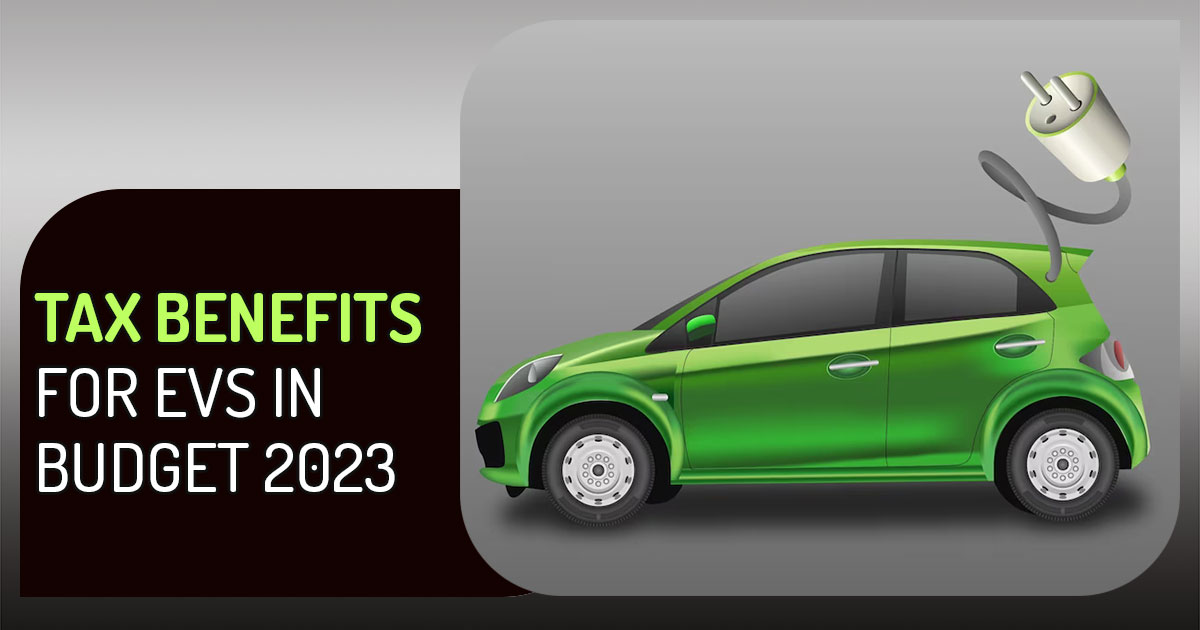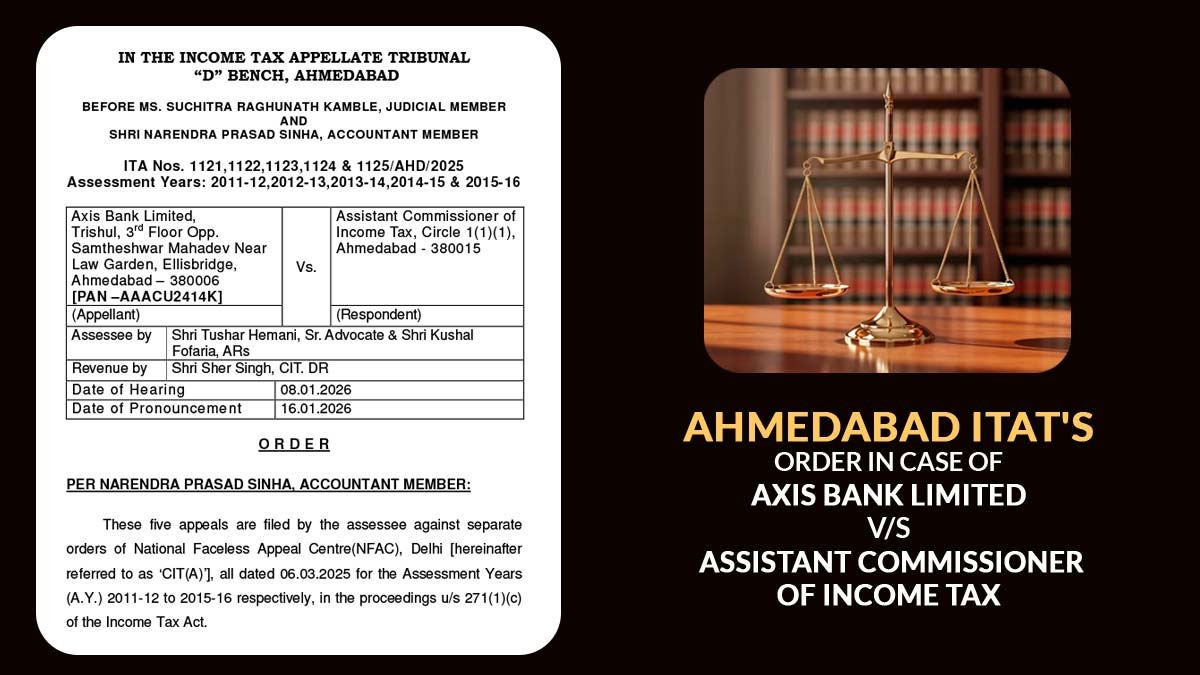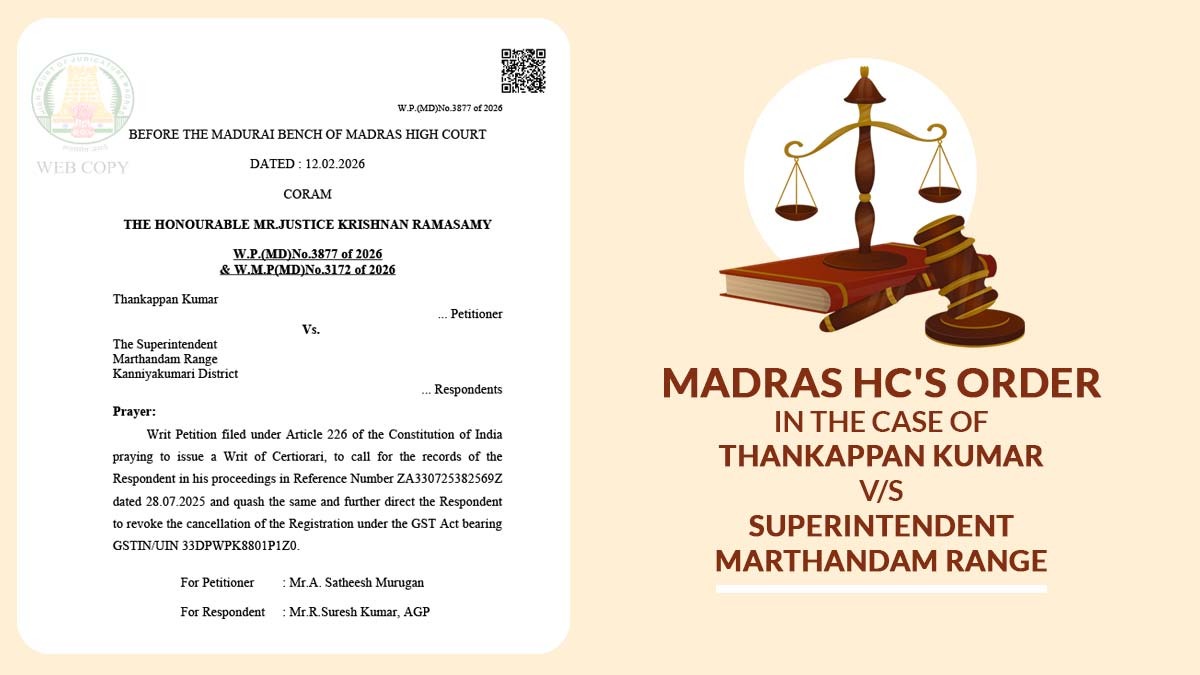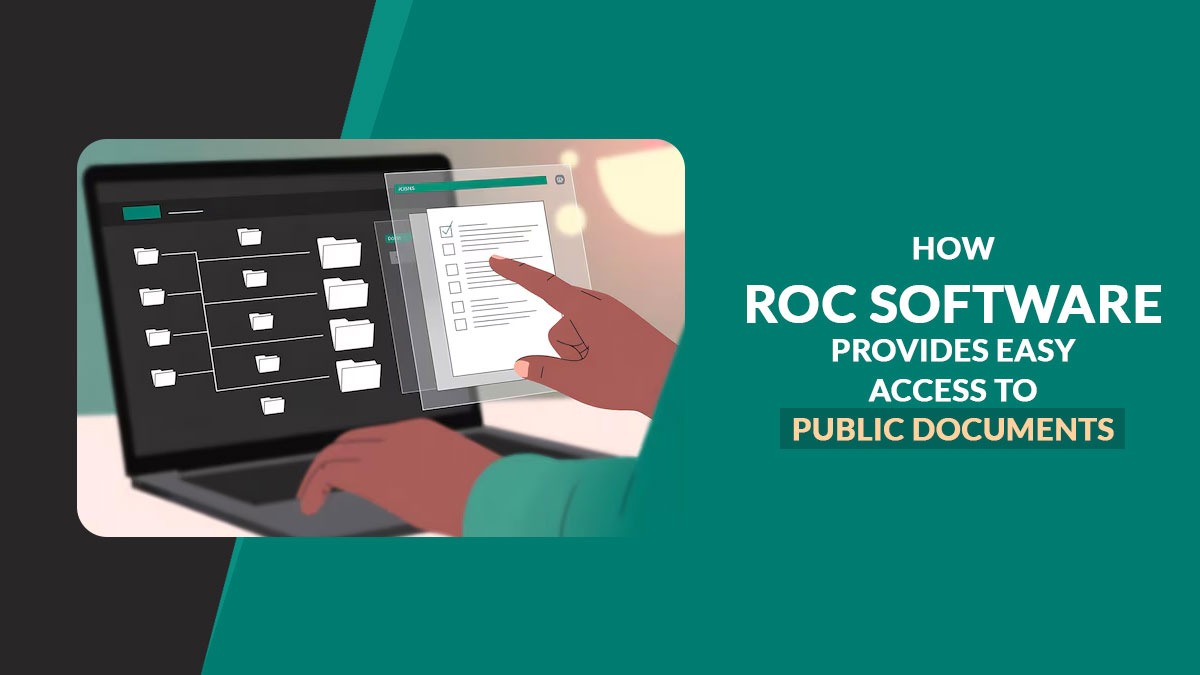
Finance Minister Nirmala Sitharaman made the announcement when introducing the Union Budget 2023, making electric vehicles (EVs) more affordable in India by extending the subsidies on their batteries for another year.
Finance Minister Nirmala Sitharaman said that “I propose to continue the concessional duty on lithium-ion cells for batteries for another year”, The government introduced the Production Linked Incentive (PLI) scheme for making batteries in May 2021. Government funding for the FAME scheme has also been boosted.
The PLI plan aims to reduce the cost of this critical component of electric vehicles. The Goods and Services Tax (GST) on electric car sales has been cut from 12% to 5%.
Green Growth was included as one of the top 7 priorities in the Union Budget 2023. The Pro-EV budget focuses on crucial efforts like cutting the customs duty on lithium batteries from 21% to 13% and extending the subsidies for EV batteries by another year. These are positive measures since they will help increase demand.
The policy on replacing old polluting vehicles should hasten the transition to electric vehicles, which is consistent with the budget’s goal of encouraging eco-conscious lifestyles and the government’s commitment to promoting environmental sustainability, as emphasized by the Finance Minister in the recent Union Budget 2023.
Recommended: GST Impact on Cars and Spare Parts Industry in India
FM Nirmala Sitharaman articulated, “To further provide impetus to green mobility, Customs duty exemption is being extended for the import of capital goods and machinery required for manufacturing lithium-ion cells or batteries used in electric vehicles,”
The Finance Minister stated that additional funds have been allocated to support efforts to scrap old vehicles under the control of the central government, in addition to the vehicle scrappage policy announced in Budget 2021–22. States will also receive funding to assist them in getting rid of outdated cars and ambulances.








